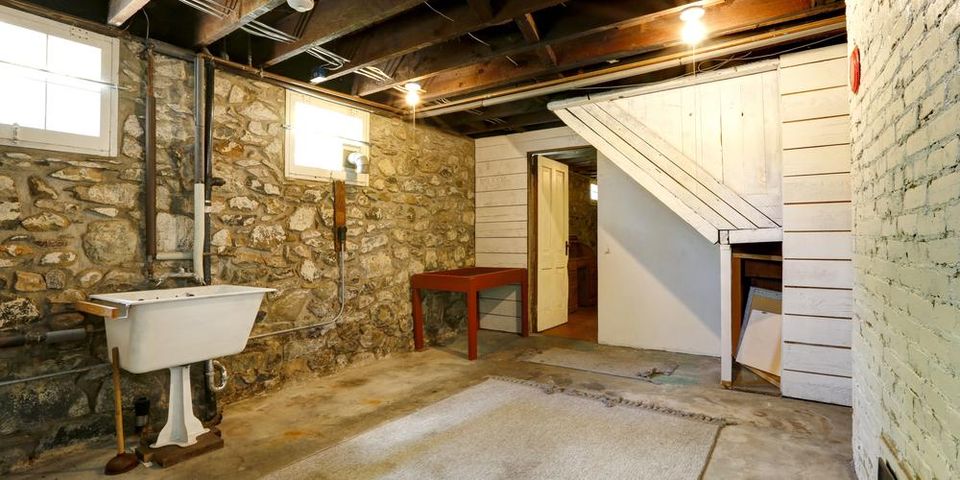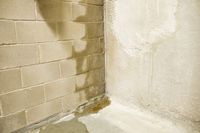3 Things You Should Know About Basement Waterproofing

Few household problems can cause greater damage than a leaky basement. From ruined property to mold growth, cleaning up leaks and flooding can quickly strain your budget; and, in areas that experience cold weather, the problems can get even worse during the winter. This makes basement waterproofing an essential service when you notice cracks or other foundational issues. Here’s what you should know about this service.
What to Know About Basement Waterproofing
1. Crack Formation
There are several possible reasons why cracks might form in your basement walls. Many occur relatively soon after construction is complete. As the foundation settles, minor cracks may appear. Shrinkage cracks may also form if concrete dries too quickly. Cracks can also occur at any time as a result of movement in the ground surrounding the home’s foundation.
2. Inevitable Leaks
 All cracks that form in your basement walls will eventually leak — even hairline cracks from natural settling. Even if a particular crack doesn’t leak today, it will eventually bring water into the home as fluid seeks a low-resistance entry. As such, providing repairs for all basement cracks in a timely manner is essential for leak prevention.
All cracks that form in your basement walls will eventually leak — even hairline cracks from natural settling. Even if a particular crack doesn’t leak today, it will eventually bring water into the home as fluid seeks a low-resistance entry. As such, providing repairs for all basement cracks in a timely manner is essential for leak prevention.
3. Repair Methods
Not all cracks are created equal — and as such, various repair methods may be necessary to properly waterproof a basement. Concrete cracks are typically repaired with an injected urethane sealant. Brick and stone walls require the exterior application of an elastomeric membrane. In some situations, underfloor drainage may also be necessary to prevent future flooding.
By enlisting basement waterproofing assistance early on, you can prevent serious water damage to your home. A Gombos Basement Waterproofing has served New Haven County, CT, for over 55 years, providing expert services backed by a written unconditional guarantee. To learn more about what this licensed and insured waterproofing contractor can do for you, visit them online or call (203) 530-1129.
About the Business
Have a question? Ask the experts!
Send your question

